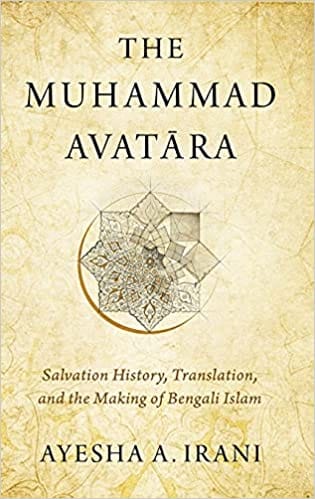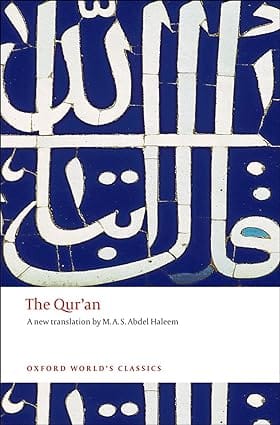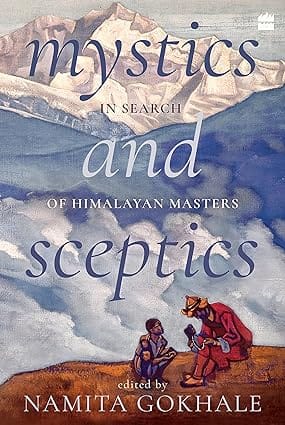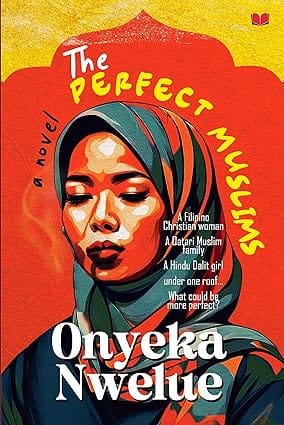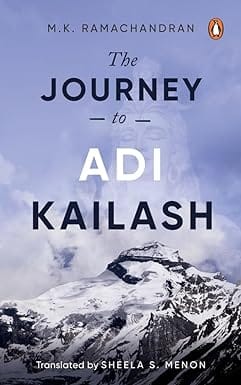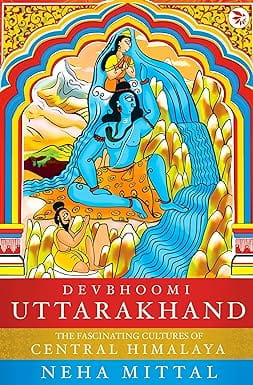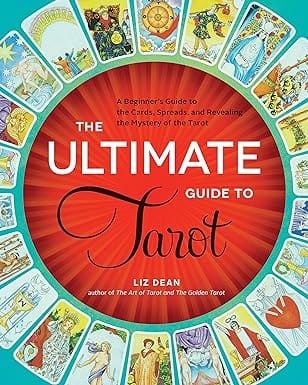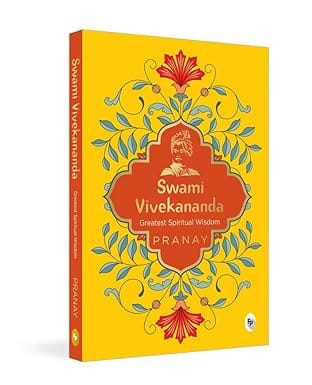WELCOME TO MIDLAND BOOK SHOP!
SHOP FOR
-
Contemporary Fiction
- Contemporary Fiction
-
Children
- Children
-
Comics & Graphic Novels
- Comics & Graphic Novels
-
Non-Fiction
- Non-Fiction
-
Fiction
- Fiction
Shop No.20, Aurobindo Palace Market, Hauz Khas, Near Church +91 9818282497 | 011 26867121
110016
New Delhi
IN
Midland The Book Shop ™
Shop No.20, Aurobindo Palace Market, Hauz Khas, Near Church +91 9818282497 | 011 26867121
New Delhi,
IN
+919871604786
https://www.midlandbookshop.com/s/607fe93d7eafcac1f2c73ea4/6468e33c3c35585403eee048/without-tag-line-480x480.png"
[email protected]
9780197620762
61bc75fd022564035dfd36c1
The Muhammad Avatara Salvation History Translation And The Making Of Bengali Islam
https://www.midlandbookshop.com/s/607fe93d7eafcac1f2c73ea4/61bc76d89403ca8a87a79510/51rkdv-zrkl-_sx313_bo1-204-203-200_.jpg
9780197620762
In The Muhammad Avatara, Ayesha Irani offers an examination of the Nabivamsa, the first epic work on the Prophet Muhammad written in Bangla. This little-studied seventeenth-century text, written by Saiyad Sultan, is a literary milestone in the multi-ethnic, multi-cultural history of Islam, and marks a significant contribution not only to Bangla's rich literary corpus, but also to our understanding of Islam's localization in Indic culture in the early modern period. That Sufis such as Saiyad Sultan played a central role in Islam's spread in Bengal has been demonstrated primarily through examination of medieval Persian literary, ethnographic, and historical sources, as well as colonial-era data. Islamic Bangla texts themselves, which emerged from the sixteenth century, remain scarcely studied outside the Bangladeshi academy, and almost entirely untranslated. Yet these premodern works, which articulate Islamic ideas in a regional language, represent a literary watershed and underscore the efforts of rebel writers across South Asia, many of whom were Sufis, to defy the linguistic cordon of the Muslim elite and the hegemony of Arabic and Persian as languages of Islamic discourse. Irani explores how an Arabian prophet and his religion came to inhabit the seventeenth-century Bengali landscape, and the role that pir-authors, such as Saiyad Sultan, played in the rooting of Islam in Bengal's easternmost regions. This text-critical study lays bare the sophisticated strategies of translation used by a prominent early modern Muslim Bengali intellectual to invite others to his faith.
About the Author
Ayesha A. Irani is Associate Professor of Asian Studies at the University of Massachusetts Boston
out of stock
INR
796
1
1
Email ID already exists!
Your Current password is incorrect
Password Updated Successfully
Thanks for your Feedback
- Home
- Non-Fiction
- Religion & Spirituality
- The Muhammad Avatara Salvation History Translation And The Making Of Bengali Islam
The Muhammad Avatara Salvation History Translation And The Making Of Bengali Islam
ISBN:
9780197620762
₹796
₹995
(20% OFF)
SIZE GUIDE
Back In Stock Shortly
Sold By:
Hauz Khas - Aurobindo Market
Details
- ISBN: 9780197620762
- Author: Ayesha A Irani
- Publisher: Oxford
- Pages: 456
- Format: Hardback
Book Description
In The Muhammad Avatara, Ayesha Irani offers an examination of the Nabivamsa, the first epic work on the Prophet Muhammad written in Bangla. This little-studied seventeenth-century text, written by Saiyad Sultan, is a literary milestone in the multi-ethnic, multi-cultural history of Islam, and marks a significant contribution not only to Bangla's rich literary corpus, but also to our understanding of Islam's localization in Indic culture in the early modern period. That Sufis such as Saiyad Sultan played a central role in Islam's spread in Bengal has been demonstrated primarily through examination of medieval Persian literary, ethnographic, and historical sources, as well as colonial-era data. Islamic Bangla texts themselves, which emerged from the sixteenth century, remain scarcely studied outside the Bangladeshi academy, and almost entirely untranslated. Yet these premodern works, which articulate Islamic ideas in a regional language, represent a literary watershed and underscore the efforts of rebel writers across South Asia, many of whom were Sufis, to defy the linguistic cordon of the Muslim elite and the hegemony of Arabic and Persian as languages of Islamic discourse. Irani explores how an Arabian prophet and his religion came to inhabit the seventeenth-century Bengali landscape, and the role that pir-authors, such as Saiyad Sultan, played in the rooting of Islam in Bengal's easternmost regions. This text-critical study lays bare the sophisticated strategies of translation used by a prominent early modern Muslim Bengali intellectual to invite others to his faith.
About the Author
Ayesha A. Irani is Associate Professor of Asian Studies at the University of Massachusetts Boston
Related Books
User reviews
NEWSLETTER
Subscribe to get Email Updates!
Thanks for subscribing.
Your response has been recorded.

India's Iconic & Independent Book Store offering a vast selection of books across a variety of genres Since 1978.
"We Believe In The Power of Books" Our mission is to make books accessible to everyone, and to cultivate a culture of reading and learning. We strive to provide a wide range of books, from classic literature, sci-fi and fantasy, to graphic novels, biographies and self-help books, so that everyone can find something to read.
Whether you’re looking for your next great read, a gift for someone special, or just browsing, Midland is here to make your book-buying experience easy and enjoyable.
We are shipping pan India and across the world.
For Bulk Order / Corporate Gifting
 +91 9818282497 |
+91 9818282497 |  [email protected]
[email protected]
Click To Know More
INFORMATION
POLICIES
ACCOUNT
TRACK SHIPMENT
ADDRESS
Midland Book Shop - Hauz Khas
Shop No.20, Aurobindo Palace Market, Near Church, New Delhi
Shop No.20, Aurobindo Palace Market, Near Church, New Delhi

